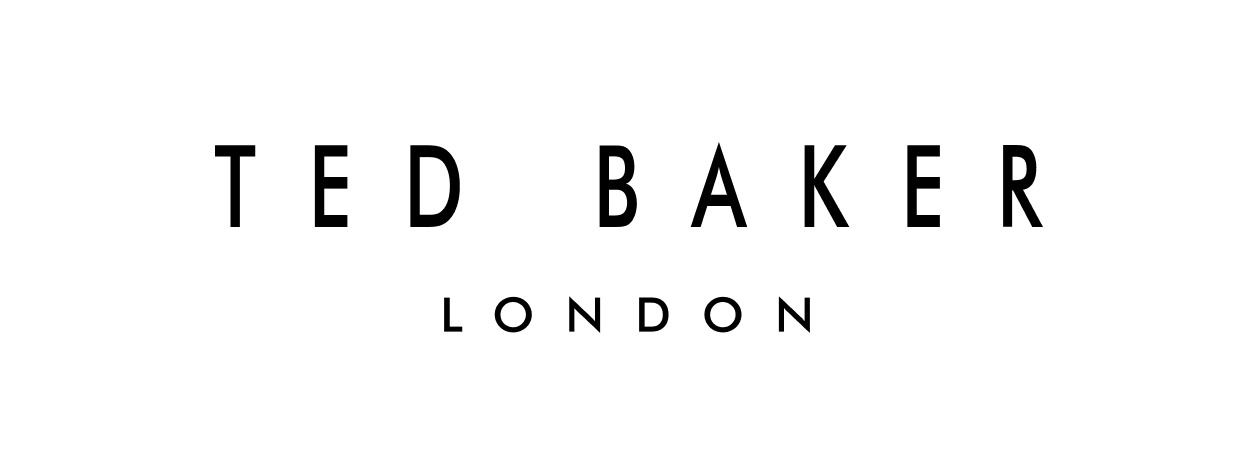Virginia Consumer Data Protection Act (VCDPA) Compliance
Pandectes GDPR Compliance helps Shopify stores meet VCDPA requirements by scanning for cookies, generating reports, and providing updates to ensure compliance.
















What is VCDPA?
The Virginia Consumer Data Protection Act (VCDPA) is a data privacy law that regulates how businesses handle personal data of Virginia residents. It was signed into law on March 2, 2021, and it will become effective on January 1, 2023. The VCDPA provides certain rights to Virginia residents with respect to their personal data, such as the right to know what personal data is being collected, the right to access and request to delete personal data, and the right to opt-out of the sale of personal data. It also requires businesses to provide notice of data collection, implement data security measures, and appoint a data protection officer. The VCDPA also creates a private right of action for individuals whose data is subject to unauthorized access, exfiltration, theft, or destruction. It applies to companies that conduct business in Virginia and meet certain thresholds in terms of revenue and data processing. The VCDPA is considered as one of the most stringent data protection laws in the US, and it is similar to the California Consumer Privacy Act (CCPA).

Who does the VCDPA apply to?
The VCDPA applies to any for-profit business that does business in Virginia regardless of whether the business is headquartered in Virginia or not.

What happens if I don't comply with the VCDPA?
Failing to comply with the Virginia Consumer Data Protection Act (VCDPA) can result in significant fines and penalties. The VCDPA gives the Virginia attorney general the power to impose administrative fines for non-compliance. The fines can be up to $7,500 for each violation or $750 per day for each day of a continuing violation, but not exceeding $2.5 million.
Fines can be imposed for a variety of reasons, including failure to provide notice of data collection, failure to provide a way for consumers to opt-out of the sale of their personal information, failure to delete personal information upon request, failure to provide a way for consumers to access personal information, failure to disclose data breaches, and failure to appoint a Data Protection Officer.
In addition to fines, supervisory authorities can also impose other penalties, such as ordering companies to stop processing personal data, requiring companies to rectify non-compliance, and issuing reprimands.
In some cases, non-compliance with VCDPA can also result in legal action being taken against a company by individuals whose personal data has been affected.
It’s important to note that VCDPA compliance is not only about avoiding fines and penalties, but also about protecting people’s personal data and respecting their rights.
When will the VCDPA go into effect?
Complying with the VCDPA
The VCDPA stands as one of the comprehensive data privacy laws, and other states, such as Indiana, Iowa, Tennessee, and Montana, are also introducing their own privacy bills. As businesses operate across multiple states, it becomes increasingly difficult to navigate and adhere to the intricate network of state data privacy laws.
Maintaining compliance begins with staying informed about the evolving legislation that may impact your company. Keeping track of these laws as they progress through state legislatures is essential. Subscribing to relevant newsletters and resources can be helpful.
When a new law is enacted but not yet in effect, it is advisable to review its text in collaboration with legal counsel. They can assess your compliance status and provide guidance on necessary actions.
To streamline the data compliance process, consider utilizing a Consent Management Platform (CMP) like Pandectes GDPR Compliance. A CMP relieves the burden on your team by offering customizable consent management, automation of data subject access requests, and tools for cookie & vendor management. Pandectes GDPR Compliance is specifically designed for Shopify Stores and is ready to assist you in achieving and maintaining compliance within the ever-changing landscape of data privacy.